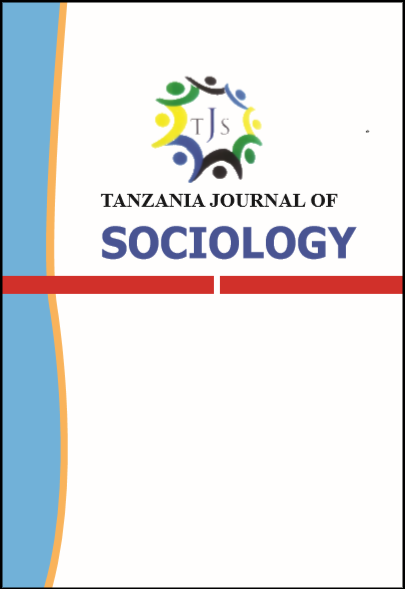Main Article Content
Decision-Making for Prisoners Considered for Parole: A Case Study of Prisons In Dar es Salaam Region, Tanzania
Abstract
This article examines the decision-making of the parole system in Tanzania, and how such decisions grant some prisoners ’ parole but deny others. The study was conducted from June to August 2018. It used to examine the criteria used to deny parole to 691 out of 5 773 prisoners who were considered for parole between August 1999 and March 2018. The study was conducted at Ukonga, Keko, and Segerea Prisons, Dar es Salaam Region. The study utilized structural functionalism and focal concern theories. The study employed a qualitative research approach and exploratory research design. The research participants included regional and national parole boards, secretariats to the parole boards, ofificers’ in—charge of prisons, parole oflicers, and the prisoners who had been denied parole while still in prisons. T he findings suggest that parole boards and decision makers used criteria other than those in legal instruments to deny parole to prisoners. The criteria included change of oflenses contrary to court sentences, subjective perception, and negative attitude on some oflenses as well as victims’ opinions. It is recommended that there is a need for further studies to analyze parole needs, and the law should be amended to minimize powers given to certain levels of the system in making overriding decisions on parole.







